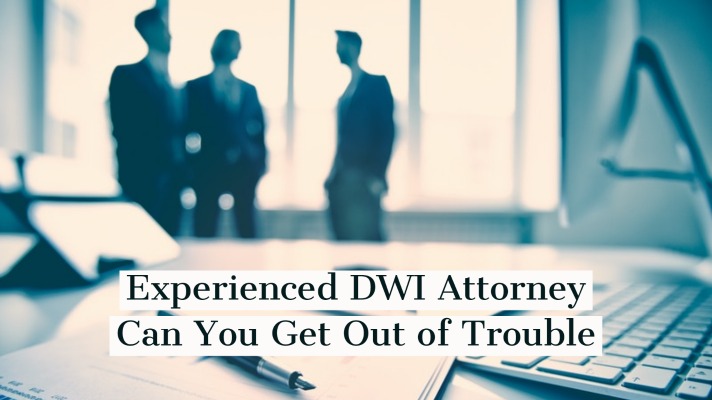
Updated 2/15/21
Being arrested is never a pleasant experience and being faced with charges and having to wait for a court appearance is beyond stressful. Getting out on bond allows you some degree of freedom while you wait to appear before the judge. Bail bonds make this possible and give the terms bail and jail new meaning.
The way it works is a company that provides the bail money essentially lends you that money so you don’t have to stay in jail. After your court appearance, you owe them that money back plus some interest since they helped you post bail. Bail bond interest rate numbers can vary and often correlate to how large the bail amount is as well as what kind of crime the case involves. The individual’s arrest record will also influence how much a bondsman is willing to give them and what rate they will charge for their services.
There are various bail arguments and debates, but despite the strong opinions some people have about the process, bail bonding is totally legal and allowed. What you never want to do if you use bail bonding services is to be arrested while out on bail or to not show up to your court hearing. Both instances would allow the bond provider to file a case against you as well.
You have made a decision that is incredibly regrettable on the road. You have caused thousands of dollars in damage or worse injured a fellow motorist. Now make the right decision in finding a good traffic attorney. They can help you answer questions such as what are the different levels of DWI and how much does it cost to fight a dui?
When you get a traffic ticket in North Carolina you may be tempted to simply pay the fine and be done with it. Before you take this step make certain you understand the consequences of your actions. Meet with an experienced dwi attorney who can help you get the lowest sentence or pay a minimal fine.
Sentencing is determined based on the level of the DWI. DWI Judges determine the level of the DWI charge by balancing aggravating factors with mitigating factors. Aggravating factors include bad driving records and minor accidents in relation to DWI charges. Grossly aggravating factors include previous drunk driving convictions and having children in the car and major car accidents.
There are six levels of DWI offenses. Offenses committed on or after December 1, 2011 now face being potentially sentenced as a level A1. This is the level no drunk driver wants to be sentenced. This could include a minimum mandatory active sentence of 120 days to a maximum of three years.
Level 2 DWI is the third highest level of DWI. The sentence includes an automatic mandatory seven days in jail with the possibility of up to one year in jail and the penalties associated with the lower levels of DWI. A Level 4 DWI is the second lowest level of DWI. The sentence is very similar to that of Level 5 potentially requiring more community service.
If you have made the wrong choice you must make the right one in finding a good traffic attorney. They can help you figure out a variety of questions and make sure you not only avoid jail time but you get back on the road trip. An experienced dwi lawyer is the perfect remedy to your legal trouble.
